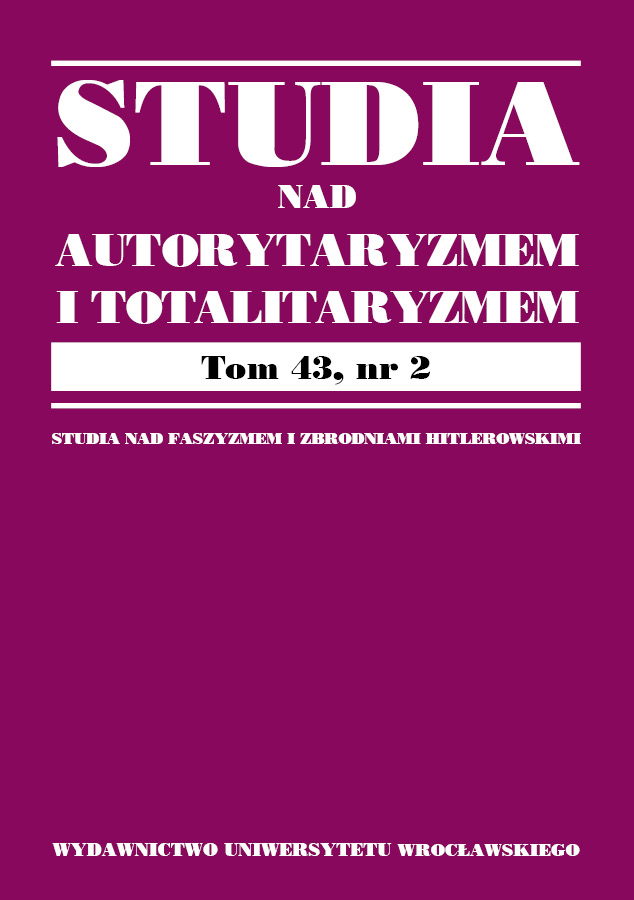

Artykuły

The present article deals with the political nature of the interpretation theory, using poststructuralism as a source of reflection. The analysis is conducted by using poststructuralist epistemology and poststructuralist political theory. The thesis of this article, which is metatheoretical in nature, is that the poststructuralist concepts of legal interpretation can be used only after simultaneously adopting the assumptions of the political philosophy which originated in poststructuralism. Chantal Mouffe’s concept of the political is very much tied to considerations about agonistic democracy and agonistic pluralism, which gives us original answers to the questions of how society, the political system, and the legal system can help us prevent the emergence and flourishing of authoritarianism. The first part of the text presents the poststructuralist definition of the political and politics as well as shows its importance for the analysis of the contemporary legal interpretation concepts. In the next part, the author discusses the topic of poststructuralism in jurisprudence and its most important features for a change in the discourse of philosophy of interpretation. The third part of the article examines poststructuralist anti-essentialism using the example of one from among the most famous neopragmatist and poststructuralist philosophers — Stanley Fish. In the fourth and last part of the considerations, the thesis about the necessity of joint use of poststructuralist epistemology and political theory for research on legal interpretation is verified and metatheoretical conclusions are drawn from it.